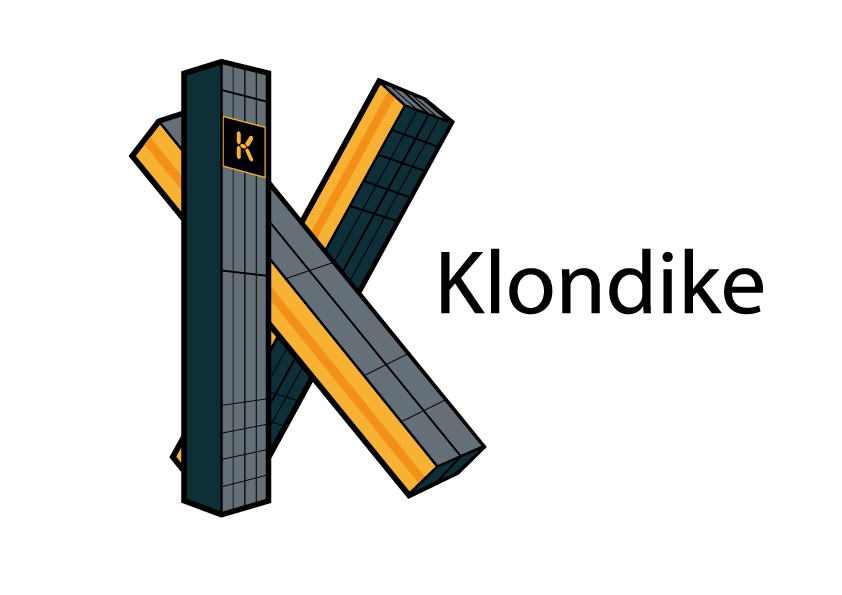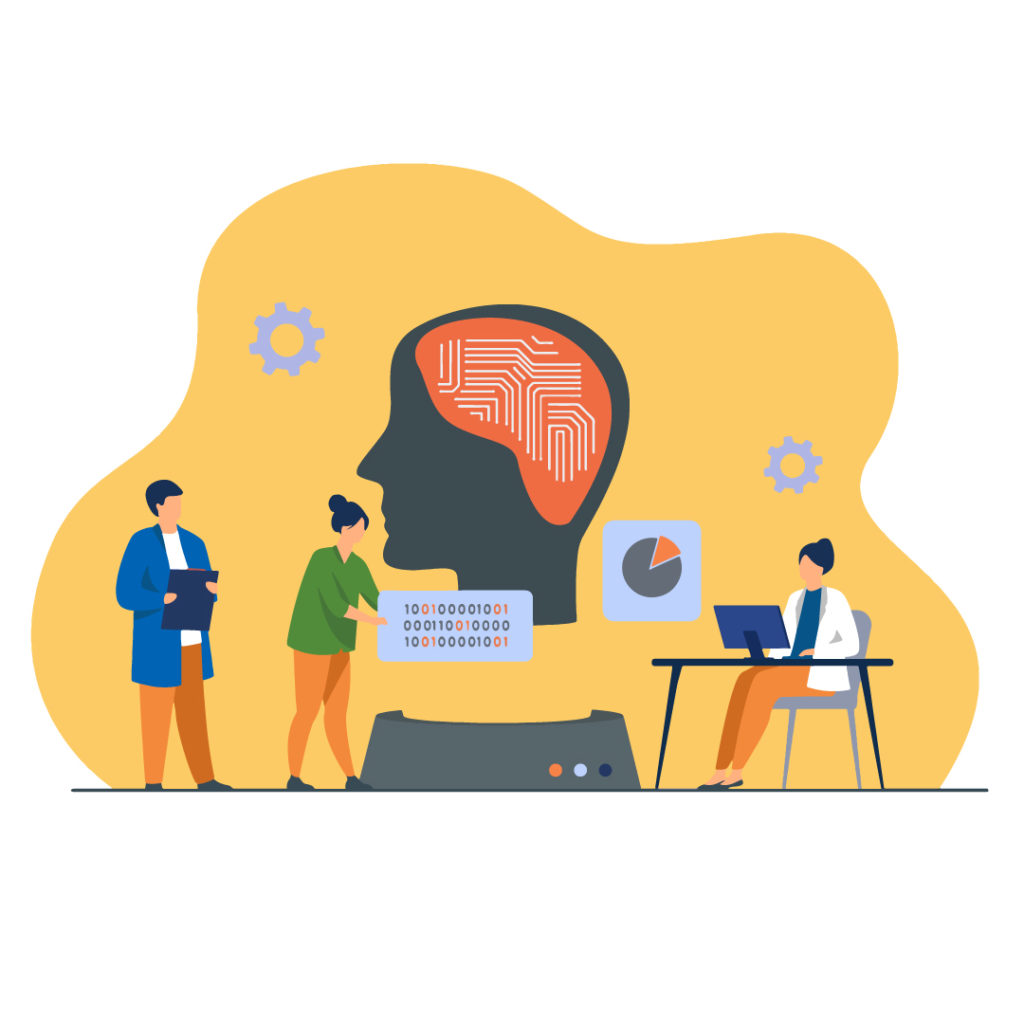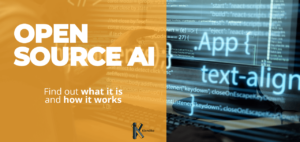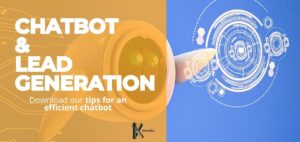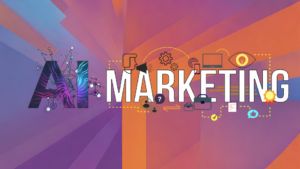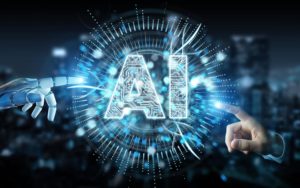Artificial Intelligence (AI) is redefining today’s society in a way we never expected. This technology allows to unlock our smartphone simply with our face, allows to ask questions and receive voice answers from virtual assistants and manages to sort email or service tickets, directing them in the right way and in total autonomy.
This technology has become so common in our daily lives that we often forget that, just a decade ago, there were very few similar examples.
However, Artificial Intelligence is not only the ability to facilitate people’s lives. In fact, AI algorithms have also been developed to have a positive impact on almost all areas of work: simplification of business processes, improvement of customer experience, automation and optimization of manual and repetitive tasks (and boring), performing tasks that were not possible until a few years ago.
As this technology continues to advance and progress, it will always have a greater impact in all areas and in our lives.
What impact will AI have on our lives?
Like all major technological changes, Artificial Intelligence will lead to shocks and repercussions, with some scenarios that are bound to change or even be reversed.
AI will destroy jobs, but create new ones
There is who believes that the introduction of AI will be a catastrophe for workers. But we must always remember that, for example, the vast majority of the work that we have today in United States did not exist in 1940.
The risk that exists, however (and it cannot be denied), is that there will be professions penalized by this technological revolution. But it is a situation that has already happened in the past: as happened for Internet, for which at first many were skeptical and that today is a technology that has created millions of jobs (and today represents 10% of the GDP of the United States).
Education and reskilling will be crucial
AI leads to an improvement and specialization of the knowledge and skills of individual workers. This is a social and general interest issue, as individuals often do not have the opportunity to receive appropriate training.
It is essential to provide a better and continuous training of staff, including through private investment. An action that should be considered by companies as an investment for the future, not on the contrary an expenditure.
Indeed, training benefits not only employees and their employers, but also the world economy and society.
The effects of a new technology
A new technology, as Artificial Intelligence is now, must not be demonized. We should consider the risks of it, but there must be adequate responses from the political institutions.
Technology must be contextualized, and exploited for great possibilities and scenarios that it can offer to all of us.
New professions and new skills
Considering the massive technological development given by Artificial Intelligence, business world is constantly changing. Covid-19 pandemic has radically modified and accelerated the spread of flexible work and smart working, a change to which companies have been forced and which will have impacts in the medium and long period.
At the same time, new professions that require the acquisition of specific skills, especially digital ones, have been created.
The 2020 report “The Future of Jobs” of the World Economic Forum provides that adoption of AI by companies will lead by 2025 to a transformation that will change jobs and skills.
Employers estimate that by 2025, there will be a decrease from 15.4% to 9% of who perform unnecessary roles, while new professions will increase from 7.8% to 13.5%. On the basis of these data, it can be estimated that by 2025, 85 million jobs will be replaced by machines, while 97 million new jobs could be created. By supporting artificial intelligence, new professions will be created and workers will acquire new skills.
What will be the professions of tomorrow?
To be present in new business world will therefore need specializations and digital skills. Because in this revolution the element that creates value is digital information, all professions will have in common the ability to collect, analyze and process data. It will be essential to be able to use and know how to communicate through new digital tools, but also to automate business processes.
We can divide professions of the future into three groups:
- Information analysis and processing, cybersecurity: big data scientist, data architect, chief information security officer, data protection officer, AI experts, blockchain.
- Management of applications associated with new media and social networks: growth hackers (aims to improve sales processes, increasing traffic and conversions from visits in order to transform as many visitors as possible into customers), UX designer (user experience expert), UI designer (user interface developer), digital copywriter, social media analyst, community manager, SEO and digital marketing experts.
- New technologies and automation of production and logistics processes: IoT, additive technologies, robotics, augmented reality, nanotechnologies, biotechnology.
Every year there is an increasing demand for new professions correlated to digital transformation. The creation of new jobs will, in particular, concern new skills: it is estimated that 65% of the young people who are now studying will have tasks that do not yet exist.
According to the World Economic Forum, there will be three areas in which the future business market will develop:
- Automation and optimization of business processes and activities;
- Cooperation between human beings and robots for improved efficiency;
- New professions in digital.
In addition to having to train and stay updated on market trends, the worker of the future will have to be careful to acquire some specific “soft” skills complementary to technological skills. What will be the most requested? Personal branding, networking, problem-solving skills, empathy and communication skills, proactivity and the ability to manage stress.
What future awaits us?
What is expected in the short and medium period will be a business market marked by hyper-qualified professionals and very vertical skills. A scenario in which new employees will have to be able to keep up with the times dictated by the advancement of technologies such as Artificial Intelligence and industrial automation, which will help to generate tens of millions of new jobs on a global scale by simultaneously “retiring” some obsolete professions.
If you want to read more articles on the subject of Artificial Intelligence, discover our Blog.
